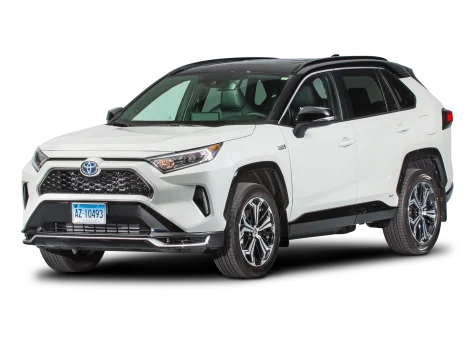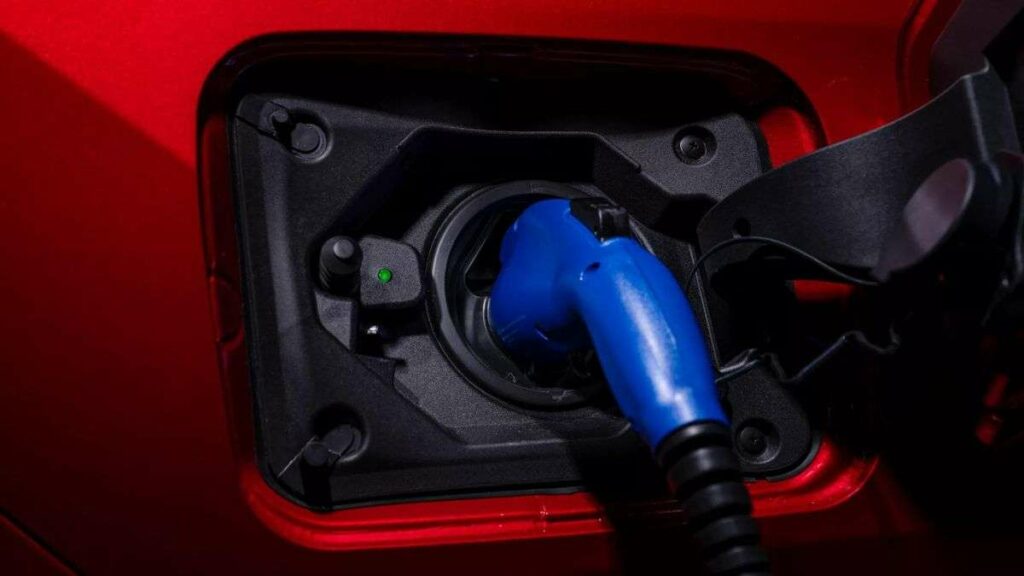*This post may contain affiliate links. As an Amazon Associate we earn from qualifying purchases.
Do you wonder how much energy it takes to charge a Toyota RAV4 Prime? Charging an electric car is not like filling a car with gas. You use electricity, and it’s measured in kilowatt-hours (kWh). Knowing how many kWh you need helps you understand your car better.
The RAV4 Prime is a special kind of car. It uses both gas and electricity. When you charge it, you need to know how many kWh to use. This depends on what kind of charger you have.
There are two main types: Level 1 and Level 2. Level 1 is like a normal plug in your house. Level 2 is faster and often found at places outside, like shopping malls.

With a Level 1 charger, it takes about 12 to 14 kWh to fully charge your RAV4 Prime. But if you use a Level 2 charger, it needs less – about 6.6 to 7.7 kWh. This is because Level 2 chargers work faster and better. It’s good to know this so you can charge your car the right way and not use too much electricity.
kWh Consumption for RAV4 Prime Charging
Charging a Toyota RAV4 Prime involves understanding different charging methods and how much electricity, or kWh, each consumes.
Level 1 Charging (120V)
This is the basic charging method using a standard home outlet. It’s slower but very convenient. For the RAV4 Prime, Level 1 charging usually consumes about 12-14 kWh. It’s perfect for overnight charging or when you’re not in a hurry to hit the road.
Level 2 Charging (240V)
Level 2 charging is faster and requires a special setup, available at public charging stations or through a home installation. For the RAV4 Prime, Level 2 charging consumes about 6.6-7.7 kWh. It’s ideal for quicker charging, especially when you need to get moving soon.
Level 1 is slow but uses more kWh, while Level 2 is faster but uses less. Your choice depends on your needs and available resources.
Charge Time = Battery Capacity (kWh) / Charging Power (kW)
This formula helps you estimate how long it will take to charge your RAV4 Prime based on the charging method you choose.
Estimated kWh Consumption Table

Here’s a table showing the estimated kWh consumption for different charging scenarios:
| Charging Type | Estimated kWh Used |
|---|---|
| Level 1 (120V) | 12-14 kWh |
| Level 2 (240V) | 6.6-7.7 kWh |
How much does it cost to charge a RAV 4 Prime?
Factors Affecting Charge Time
Several factors can change how long it takes to charge your RAV4 Prime. This section explains these factors and their impact.
Battery Condition: The health of your battery can affect charge time. Older batteries might take longer to charge. It’s like an old phone battery that doesn’t hold a charge as well as it used to. Keeping your battery in good condition can help it charge faster.
Temperature: Temperature has a big impact on charging. Extreme cold or heat can slow down the charging process. It’s like trying to charge your phone in a very hot or cold room. The right temperature helps your battery charge more efficiently.
Charger Type: The type of charger you use matters a lot. Fast chargers can charge your battery quicker, but they might not be as good for long-term battery health. It’s a trade-off between speed and battery care.
Car’s Charging System: The RAV4 Prime’s own charging system also plays a role. Some systems are more efficient than others. A more efficient system can charge your battery faster and use less energy.
FAQ
What is the kWh capacity of the RAV4 Prime’s battery?
The RAV4 Prime has a battery with a specific kWh capacity. This tells you how much energy it can hold.
How does the charger type affect charging time?
Different chargers have different speeds. Fast chargers can charge your battery quicker than standard home chargers.
Can the weather affect how my RAV4 Prime charges?
Yes, extreme temperatures can slow down the charging process.
How can I keep my RAV4 Prime’s battery in good condition?
Regular, short charges and avoiding extreme temperatures can help maintain your battery’s health.
